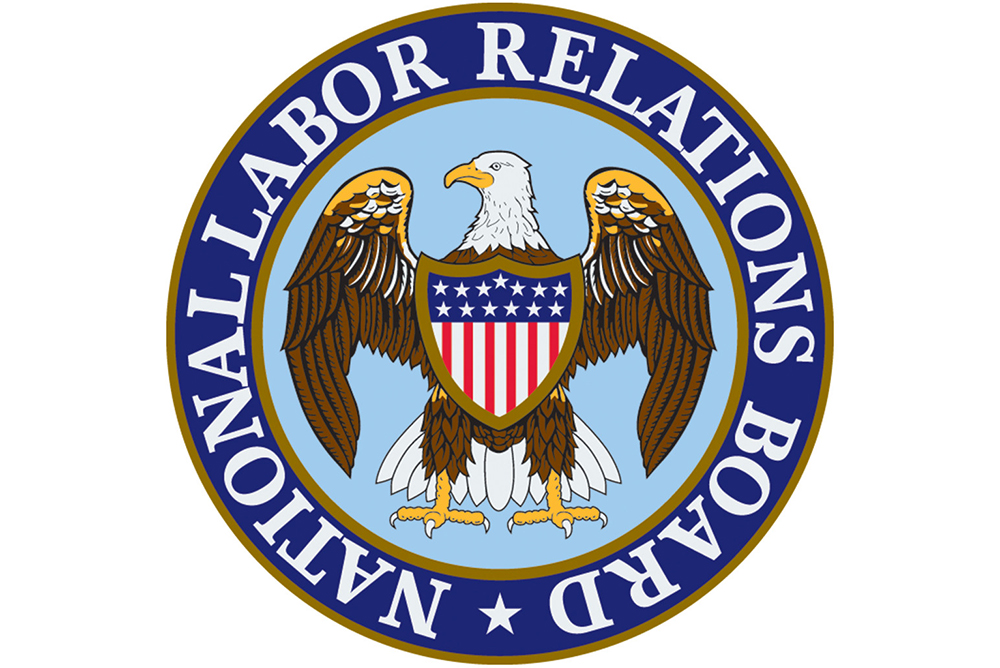On February 21, 2024, in a decision that provoked strong dissent, the National Labor Relations Board (the “Board”) ruled in Home Depot USA, Inc. and Antonio Morales Jr. that Home Depot violated the National Labor Relations Act (“NLRA”) by prohibiting an employee from wearing a “BLM” (Black Lives Matter) marking on his work apron and constructively discharging him after he refused to remove it.
In ruling that Home Depot violated the NLRA when it directed an employee to remove a “BLM” marking from his work apron, the Board clarified what is considered a logical outgrowth of prior concerted activities. Specifically, the Board found that in August 2020, a store employee engaged in what was considered concerted activities for the purposes of mutual aid and protection related to racial policies and practices at the store located in New Brighton, Minnesota (the “Store”). The activities included displaying the “BLM” marking on his apron, writing emails and engaging in conversations with fellow Store colleagues regarding what he believed was discrimination and harassment occurring among employees and supervisors within the Store.
In its decision, the Board focused on the August 2020 time frame, and what it determined were protected concerted activities for the purpose of mutual aid or protection to improve the conditions of employment. Ultimately, the Board ruled that the employees’ display of BLM letters on his apron later in February 2021 was the logical outgrowth of those prior concerted activities by fellow Store employees.
Focusing on Concerted Activity for the Purpose of Mutual Aid or Protection
In light of this decision, it is especially important for employers to remain vigilant and be able to identify when concerted activity may be taking place in their workplace for the purposes of collective bargaining or other mutual aid or protection. Concerted activity encompasses those circumstances where “individual employees seek to initiate or to prepare for group action, as well as individual employees bringing group complaints to the attention of management” when they seek to improve the terms and conditions of employment or otherwise improve their lot as employees. While concerted activity does not exist when an employee’s actions is solely by and on behalf of the employee himself, it does include circumstances where a single employee seeks to initiate, induce, or prepare for group action, as well as where an employee brings an authorized group complaint to the attention of management.
The most significant aspect of the Home Depot ruling may be that the Board used the employee’s challenges of alleged racial discrimination in the workplace (which would always be protected), and connected these actions to “concerted activities” (on behalf of others, rather than merely himself), and then on that basis, permitted the employee to display a political message on his work uniform.
It is important to note that certain activities or symbols that may not have meaning from the beginning may accumulate meaning based on various concerted activities by employees and as events occur (both within the workplace and throughout the overall U.S. political environment) over time. Employers should remain aware of certain activities occurring and/or symbols that may accumulate meaning based on those activities and the overall political environment.
By all means, if the employer determines that there is concerted activity for the purpose of mutual aid or protection, that they absolutely must not discharge, constructively discharge, suspend, layoff, fail to recall from layoff, demote, discipline, or take any other adverse action against employees because of their protected, concerted activities.
Employers Certainly Cannot Interfere with Employees’ Rights Including:
- Prohibiting employees from wearing union buttons, t-shirts, and other union insignia unless special circumstances warrant.
- Promulgating, maintaining, or enforcing work rules that reasonably tend to inhibit employees from exercising their rights under the Act.
- Photographing or videotaping employees engaged in peaceful union or other protected activities.
- Threatening employees with adverse consequences if they engage in protected, concerted activity.
Final Note for Employers Going Forward
For now, if an employer wishes to lawfully ban certain messages or markings in order to remain neutral to avoid political controversy, it must justify the restriction by showing that the messages or markings adversely affect its business, which could be a significant burden. This would require showing that employees wearing a certain insignia adversely affects its business sufficiently that the employer’s need to ban the wearing of such insignia outweighs the employees’ statutory right.
Nicole Davies is an Associate at Morgan, Brown & Joy.

